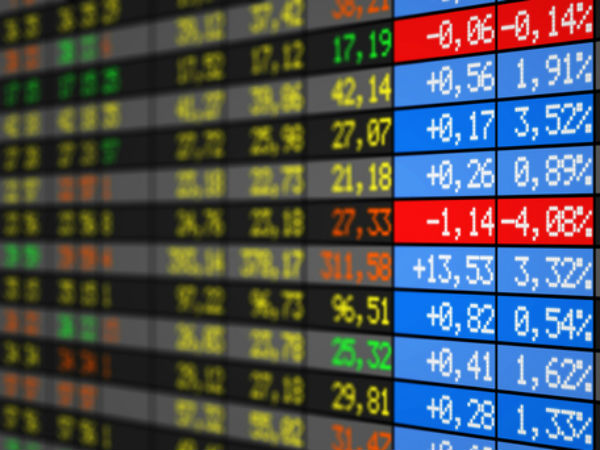3 Things We Learnt From Market Volatility In 2020
There is no doubt that 2020 will be a historic year for obvious reasons. A dramatic movement was also experienced in the Indian markets which went from record highs seen in January to a circuit breaker in March.
Recovery is far from near and lessons are to be learnt from events in the last few months.

Do not feel compelled to act to news
COVID-19 definitely gave some memorable newspaper headlines. News of such uncertainty can cause stress even among the most seasoned investors.
While taking action based on new information is hard-wired in us, history shows that markets reward those who endure.
In March, markets saw a dramatic crash after COVID-19 was declared a pandemic by WHO. There were many retail investors who choose to withdraw from their mutual funds amid the panic, in fear of losing more money than they already did.
It is probably the fear of regretting not taking action that provokes us to act prematurely.
On the other hand, there were some who make purchases of overpriced stocks or a commodity after they saw a significant climb in value, on fear of missing out on an opportunity to make money.
The lesson to be learnt is that human beings control the markets and we are resilient in the long term. While there may be panic at first, with time we adapt, recovering losses that seemed significant a few months ago.
When there is a dramatic fall in the market in general and not in a particular stock, it is bound to recover. You need to be patient and not squander your long term financial goals.
Volatility is not new to the market and patient investors end up with exceptional returns in their portfolio.

Do not put all your eggs in one basket
The coronavirus induced volatility has taught us the importance of building resilient portfolios by diversifying.
The ugly economic downturn of the virus may have affected all sectors of businesses and geographies but there were some assets that weathered the storm and should be present in your portfolio along with risky bets:
- assets that are used as a hedge against market volatility like gold, sovereign bonds, which gain in value rise when markets fall.
- assets that continue to generate cash flow like dividend-paying stocks, FDs, other interest-paying assets
- stocks of companies with conservative balance sheets, low debt and durable competitive advantages like those in the FMCG sector, pharma or companies that are just too big to fail.

No rewards without risks
At the peak of the panic of COVID-19 in March, shares of major companies hit 52-week lows and these companies have also seen their share prices hit new all-time high this year. RIL, Infosys, TCS, are few such large-cap names that you may have observed but an even more dramatic rise was seen in small-cap and mid-cap stocks, that created wealth for its investors.
Equity does reward investors over time, especially if the loss in value has been due to a reason beyond the company's control.
However, it is important to study the companies before you put money on them. The risk management of your portfolios should come before you place an order to buy stocks.
Factors like quality of business, competency and integrity of management, free-floating shares, should come before you place your bets.
Invest and wait patiently for time to do its job.
































